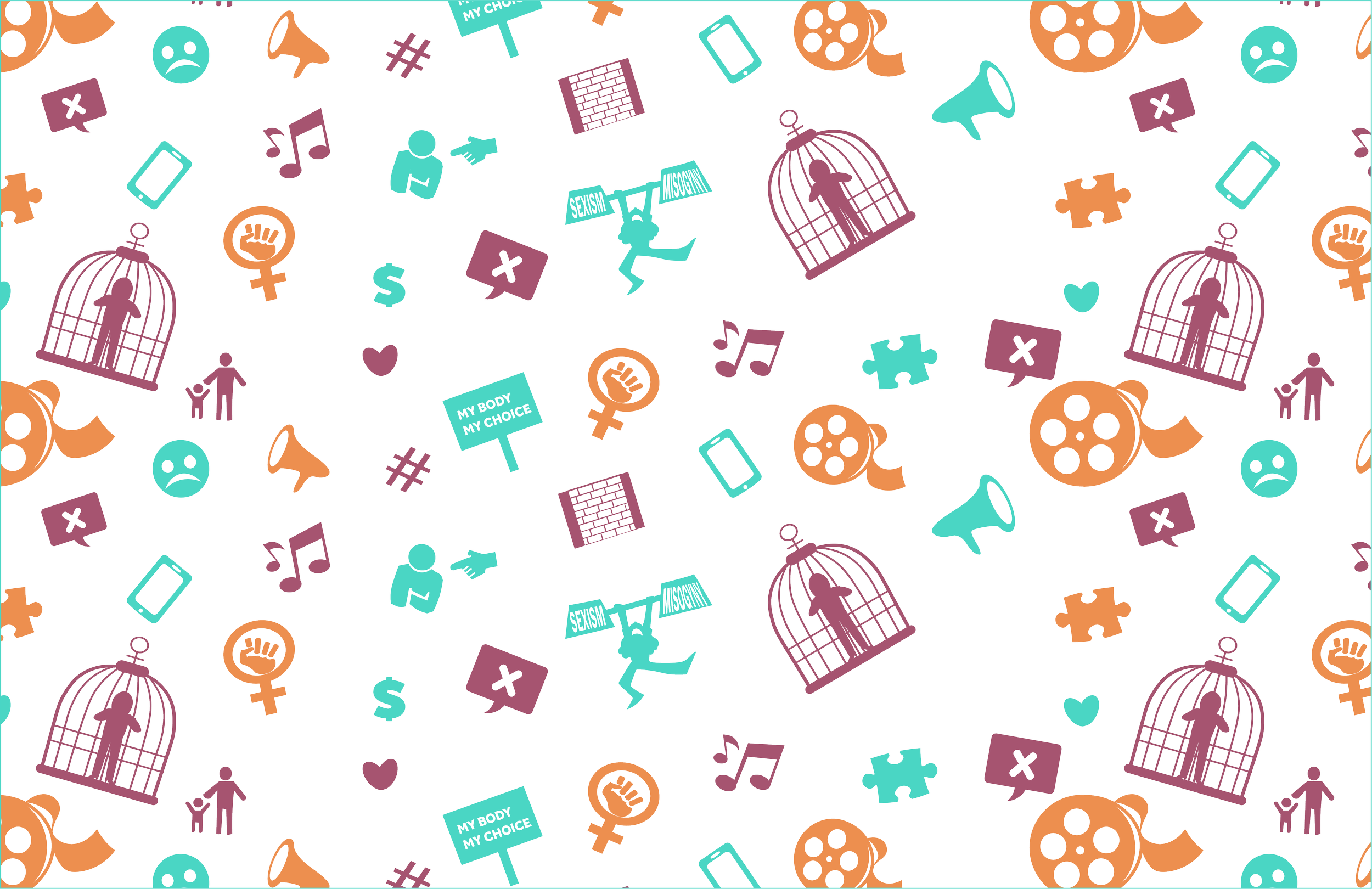If we don’t teach youth about sexual assault and consent, popular media will
Shannon D.M. Moore and Jennifer Watt.

“If we want to change deeply embedded beliefs about the inevitability of and lack of accountability for sexual violence, we need to begin in the K-12 system with intentional, feminist critical media literacy education that confronts the many ways that sexual violence is promoted, perpetuated, performed, and protected in society.”
For a moment, let us imagine if the unequivocal and undisputed answer to the question “do we, as a society, want to end sexual violence” was simply “yes.” We would then prioritize resources, including research and knowledge mobilization, to accomplish an end to sexual violence. One of the first places we would look toward for implementing this cultural shift would be our educational systems.
Educating students, teachers, and educational leaders about consent and Gender Based Sexual Violence (GBSV) is urgent because “if nothing else, it sends a message that eliminating sexual violence is important to us, as a society” (Harding, 2015, p. 39).
Recommended Pre-Reading: Take Good Care
We Interrupt this Programming is purposefully disruptive—we aim for thoughtful K-12 education that is bravely willing to interrupt the ways our society has been conditioned to not notice and not object to everyday violences that we frequently (un)knowingly witness, experience, or perpetuate. Like most things that are disruptive, this project can also be unsettling and disturbing.
Materials for Learning
I Spy with my Feminist Eye
Jennifer Watt, Shannon D.M. Moore, Devin King, Charlotte Moore, Selena Alevizos, Alex Derlago, and Mackenzy Groot.
I Spy with my Feminist Eye is a critical media literacy tool that uses feminist theory, in particular the work of Sarah Ahmed (2017), to facilitate critical analysis of popular media.
Materials for Learning
I Spy with my Feminist Eye Pedagogical Playing Cards
Jennifer Watt, Shannon D.M. Moore, Lauryn Handoga, and Brooke Jackson
This resource is a deck of pedagogical playing cards that have been created for high school, post-secondary, or teacher education contexts.
Materials for Learning
Critical Media Literacy Framework
Kellner, D., & Share, J. (2019). The critical media literacy guide: Engaging media and transforming education.
Critical media literacy (Kellner & Share, 2019) relies on six key concepts: social constructivism; language & semiotics; audience/positionality; politics of representation; production/institutions; and social & environmental justice. This resource includes six cards that represent each concept, using a visual and a definition.




